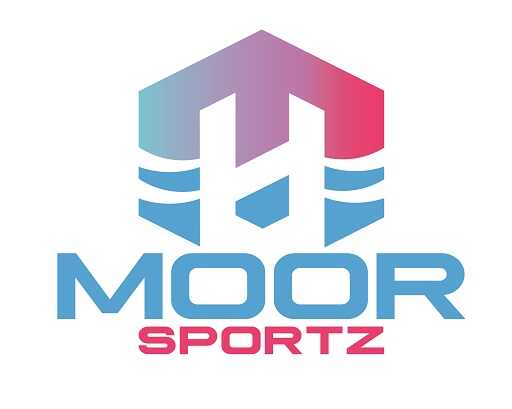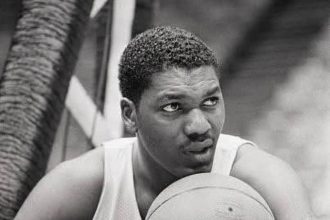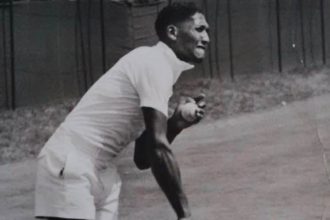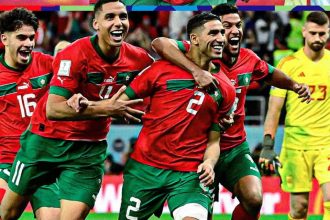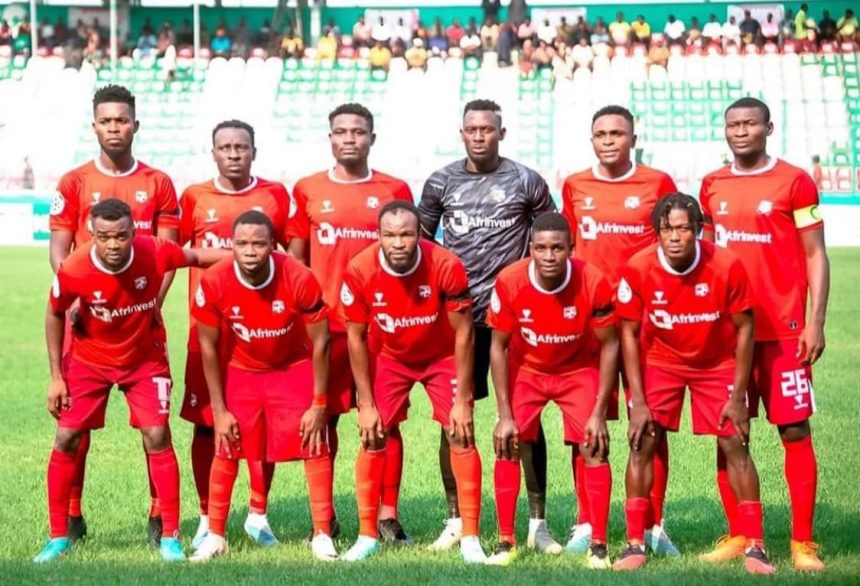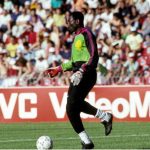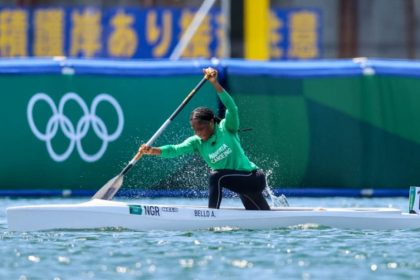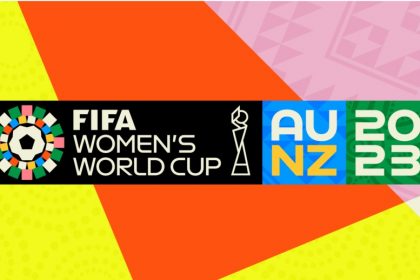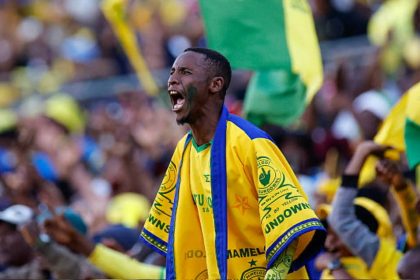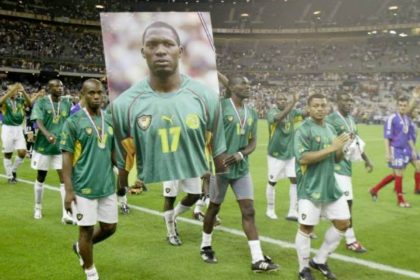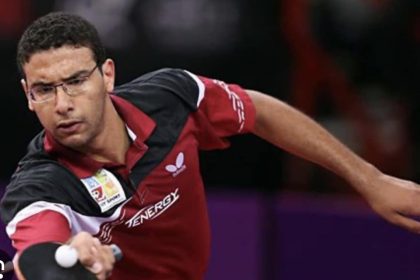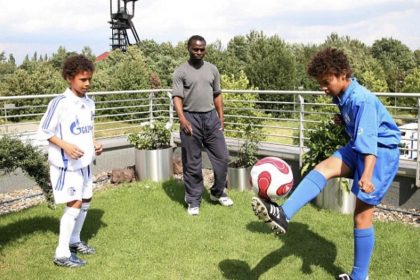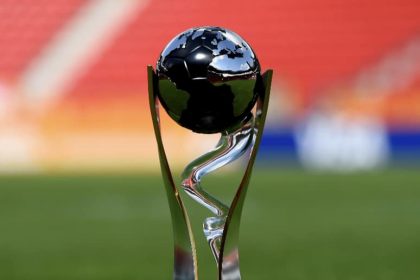There is something about Rangers International Football Club that seems as if the umbilical stump of every Igbo (a major tribe in the southeastern part of Nigeria) were buried at their playing ground. It is like that “agarachaa” must come back feeling. A sort of “Aku fechaa” resignation that the Igbo people feel whenever fate pulls one back to their roots, a place or someone they left.
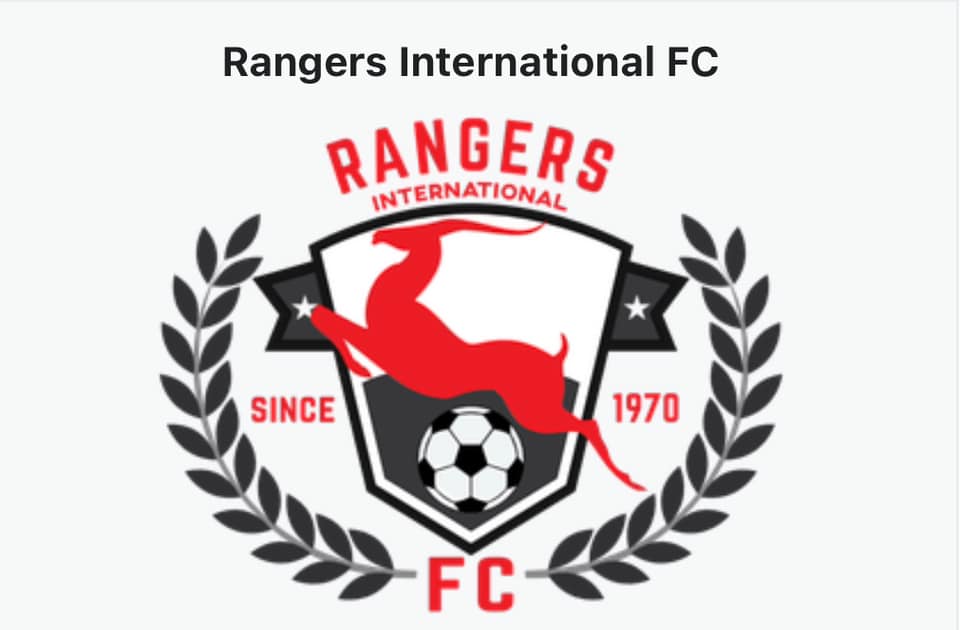
Rangers remind me a lot about Barcelona. Both clubs are immersed in similar ocean of ‘our ownness”. That is why that eternal motto ‘Mes Que Un Club’, a Catalan phrase that translates to ‘more than a club’ captures in its entirety, the soul that is Barcelona. Barcelona is representative of the uniqueness and stubborn entanglement to the Catalan spirit that has been in constant ideological struggle to pursue its distinct identity from the Iberian influence. It represents a different spirit.
That phrase is said to have been first used by its former club president Narcis de Carreras in 1968 during his nomination speech, and ever since, it has occupied a place at the very heart of the institution. That is why Barcelona’s official website proudly declares: “We are more than a team of great stars, we are more than a stadium full of dreams, and we are more than the goals we’ve scored and more than the trophies that we’ve won throughout our history.”
Rangers International Football Club is much more than that. In fact, I suggested a decade ago that the club’s emblem should be changed from “The Flying Antelope” to “The Phoenix” to pay homage to the root of its history as manifestation of that never-say-die spirit of the Igbo. To acknowledge that, it rose from the ashes of destruction like the legendary Phoenix, at a time it was the only source of joy to the Igbo and only assurance and consolation that as a people, their inbuilt resilience to survive against all odds is still intact. And like everything Igbo, the support was total, even to a near fundamentalist proportion.
The celebrations all over Igboland reached a feverish pitch when their darling club Rangers emerged champions of the Nigerian Premier Football League (NPFL) 2023/2024 season after defeating Bendel Insurance 2-0 in Enugu on Sunday, June 16, with one game remaining. The win took the Enugu side 67 points at the top after their closest rivals Remo Stars and Enyimba lost 2-1 to Sunshine Stars and Sporting Lagos respectively. It is the eighth Nigerian league title for Rangers and their second league title in 40 years!, making them the second most successful club in the league’s history, trailing only Enyimba, who have nine league titles in their trophy cabinet.
the Enugu-based club smiled home with a cash prize of N150 million for emerging champions of the just-concluded NPFL season.
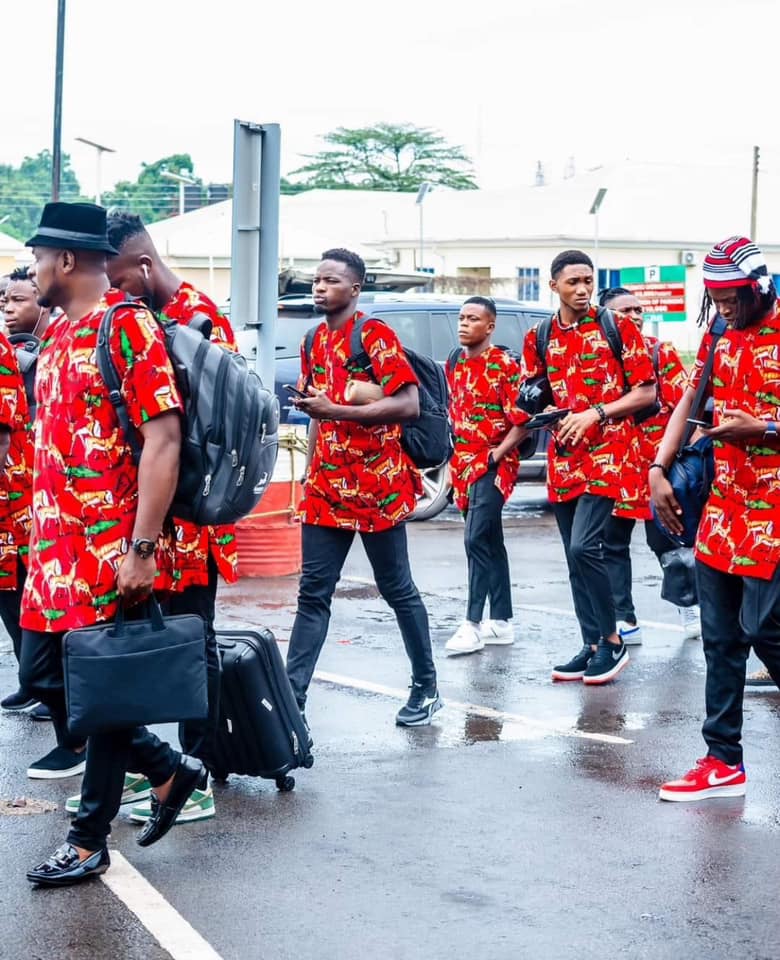
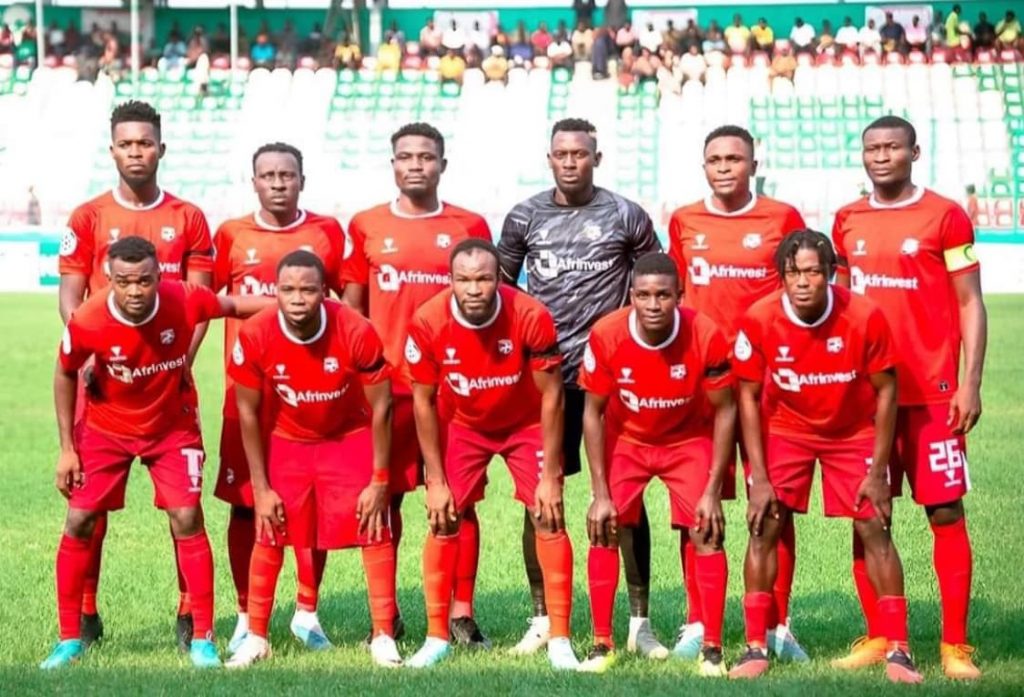
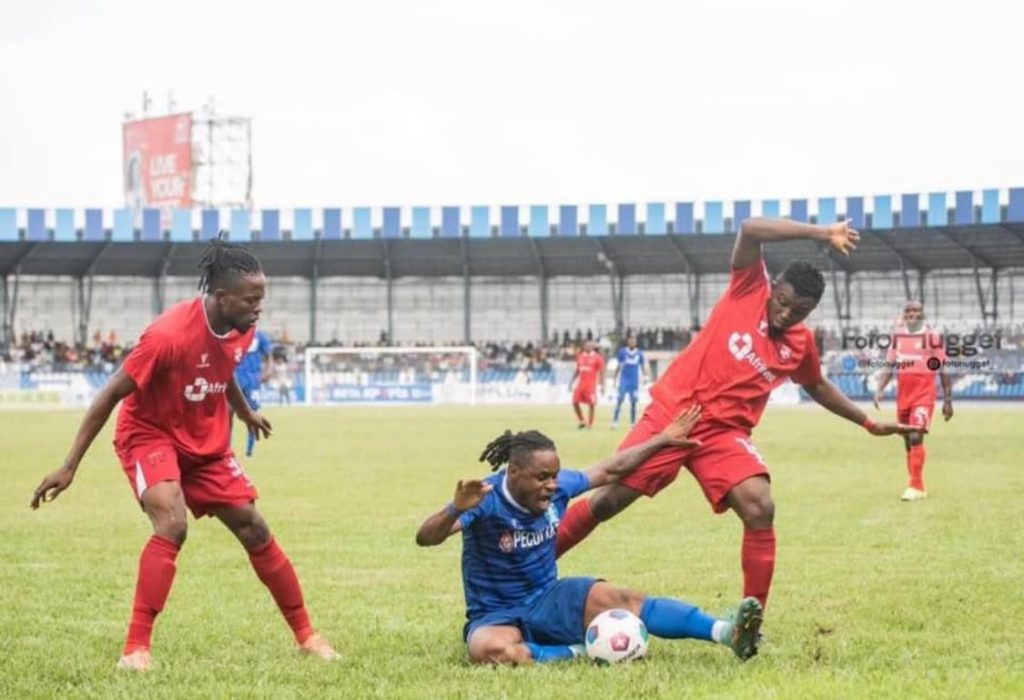
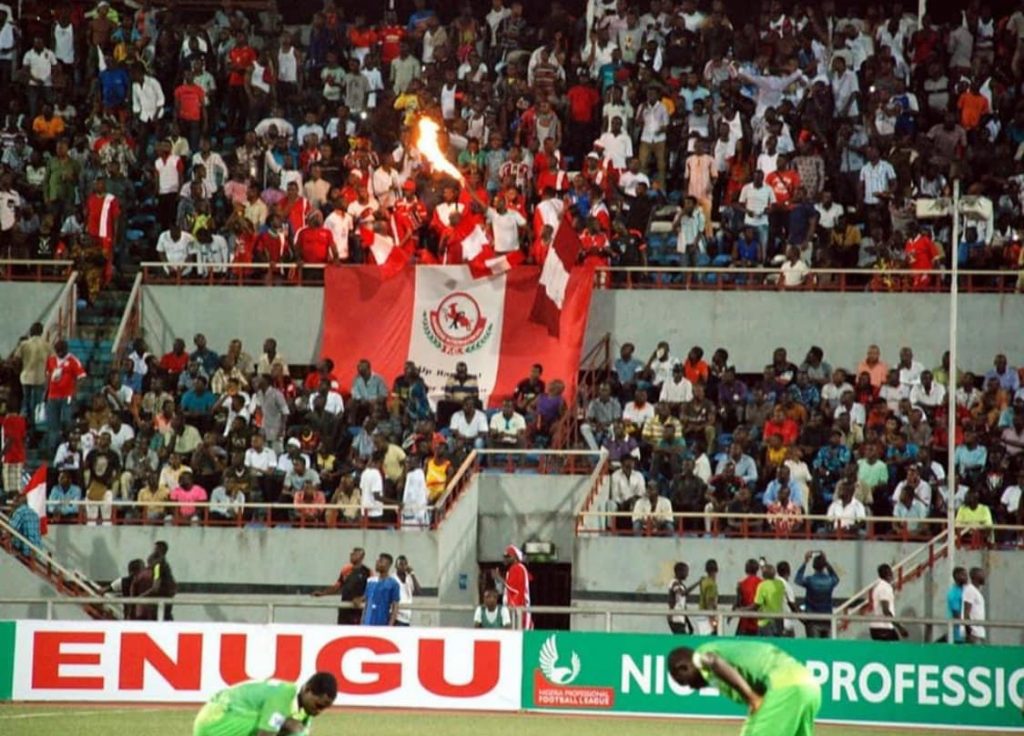
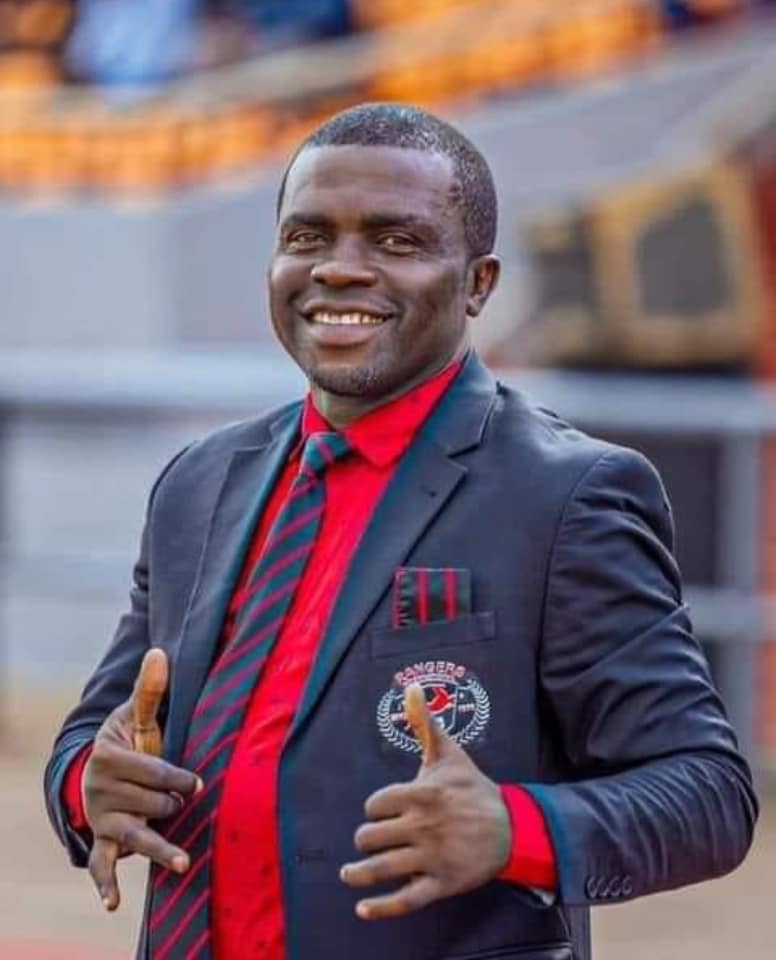
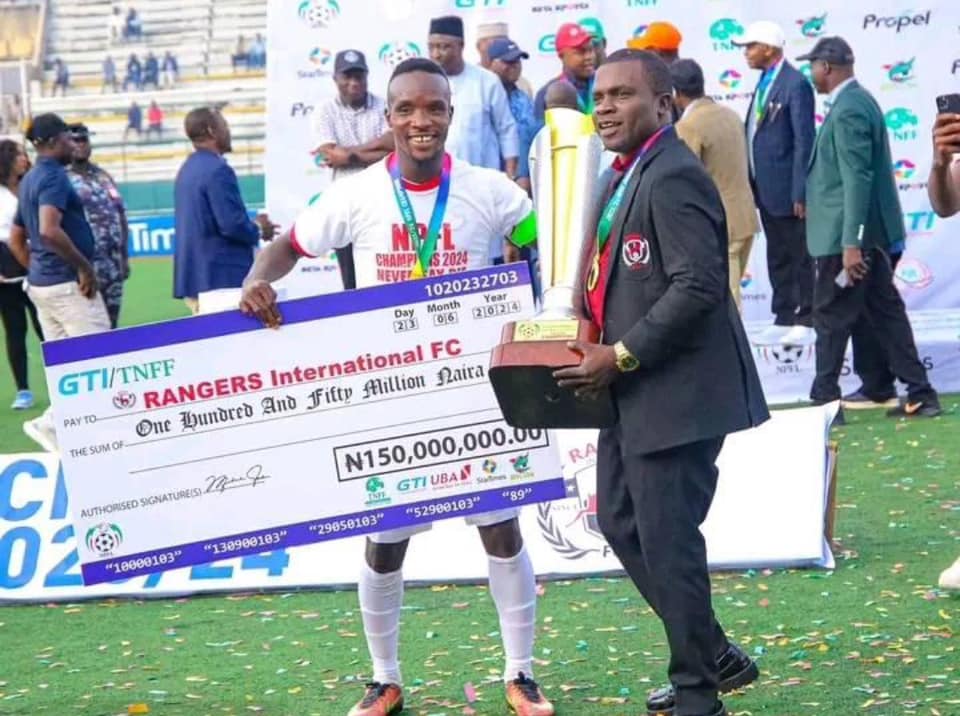
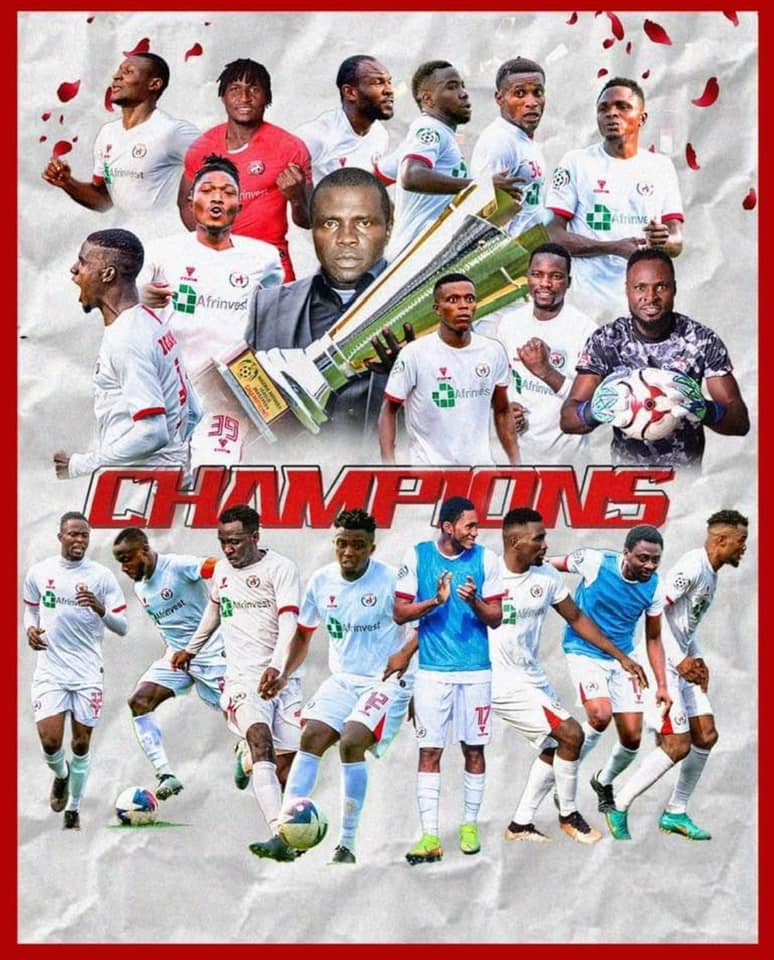
Formed in 1970 from the yet smoldering ashes of Biafra (a civil war that broke up in Nigeria between 1967 to 1970), the club was made up of mere school boys, some of whom found themselves as part of the “S Force” in the Biafran Army looking for avenue to express their talents and burn youthful energy after the war. Club history has it that just five days after the end of the Civil War in January, 1970, two young men met Jerry Enyeazu, the Germany-trained graduate in physical and health education to suggest what seemed an impossible task. The young men were Godwin Achebe and Dominic Nwobodo. That meeting inspired the idea of a football club, about the only enterprise left to a region whose journey of recovery looked impossible.
Enugu Rangers are one of the three oldest clubs in Nigeria, the other two being Bendel Insurance and Kano Pillars, they are the only Nigerian club never to have been relegated from the Nigeria Premier League.
The club became a rallying call for the Igbo irrespective of where they were, and the exploits of the club as they went from one city to another gave courage to more Igbo to return to wherever they ran home from. Rangers International Football Club was that soft landing for most Igbo families. Rangers was the ceiling breaker and the club went about thawing the ice in inter-ethnic relationships.
As Rangers visited one city after another, the moods and the reception from the host communities became pointers to Igbo people on where to return to and where to be extra cautious. Rangers was their emotional GPS. And the inimitable late Ernest Okonkwo (the father of football commentary in Nigeria) honed his mercurial skills following Rangers exploits. The pioneer Rangers team of 1970 was made up of Cyril Okosieme in goal, Ernest Ufele and Johnny “Wheeler” Nwosu as full backs, Peter Okeke as defensive midfielder, the skipper Godwin Achebe as central defender with Luke “Jazz Bukana” Okpala as his partner, while the forward players were Mathias Obianika, Kenneh Abana, Dominic Nwobodo, Chukwuma Igweonwu and Shedrack Ajaero.
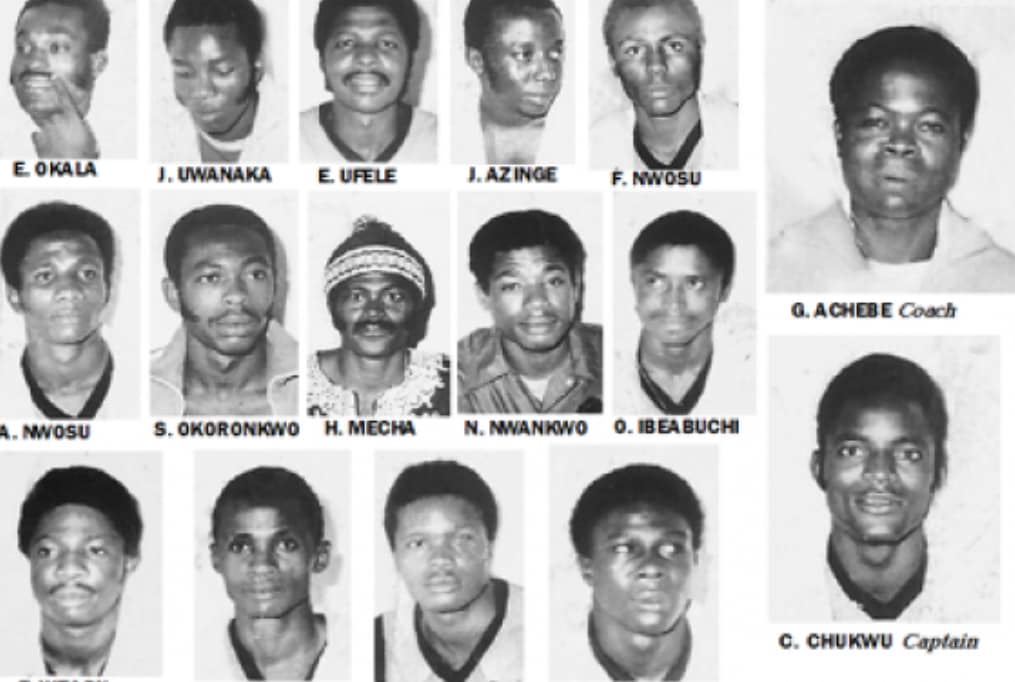
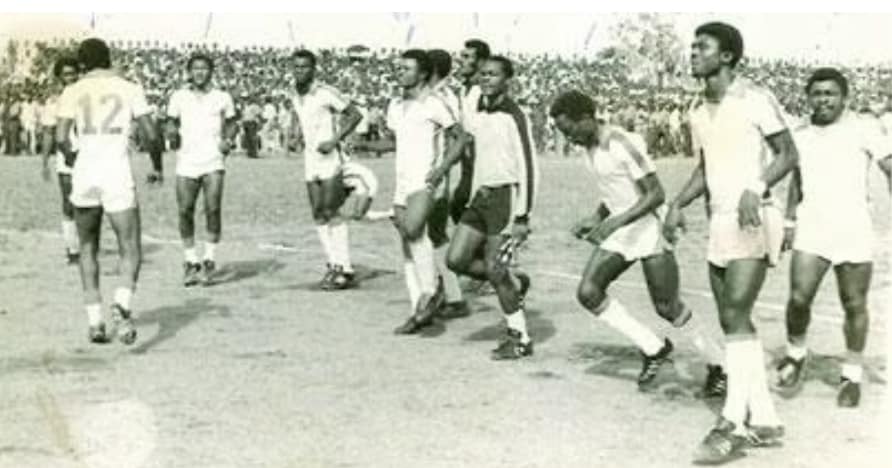
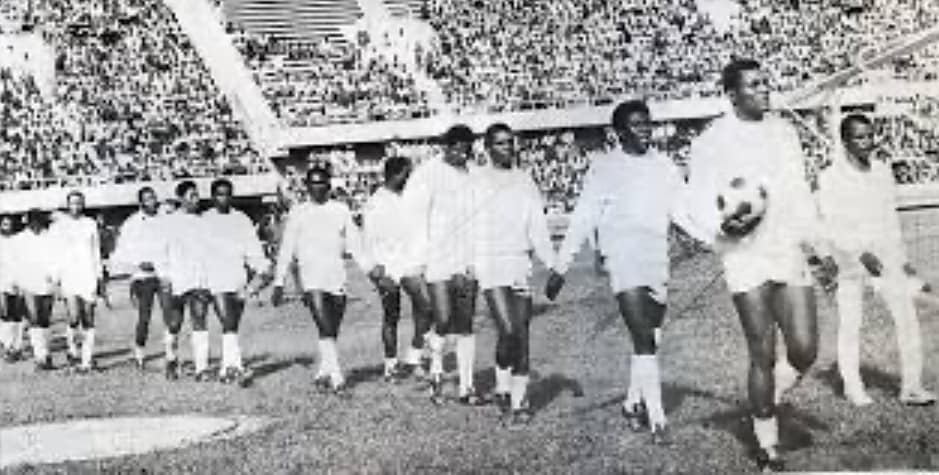
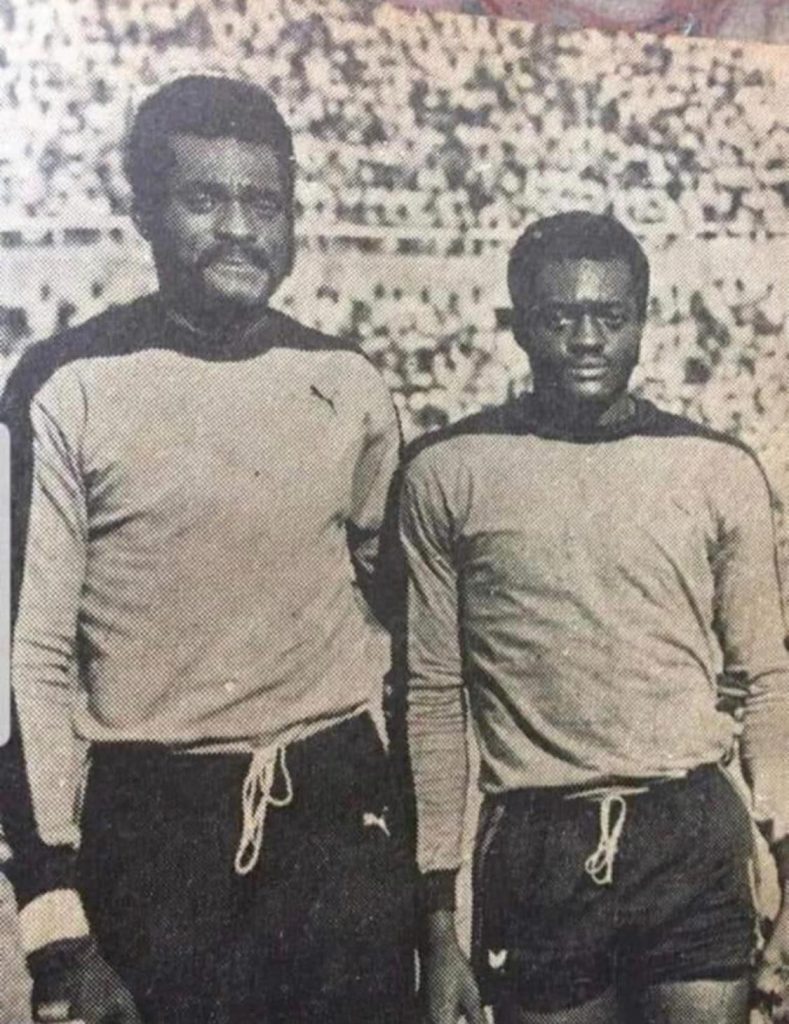
Coached by the legendary Dan Anyiam, Rangers qualified for the African Cup of Champions Clubs in 1971, but lost in the quarterfinal 0–3 on aggregate to ASEC Mimosas. For a club that was just a year old, that was a feat in itself. In the same year, they almost achieved domestic success in the Nigerian FA Cup as well, but lost the final 2–1 to Shooting Stars F.C. In 1974, they won the domestic double and in 1975 they lost in the finals of African Cup of Champions Clubs to Guinea’s Hafia FC. This was a painful loss because they had overturned a 3–1 defeat in Egypt in the semifinal to qualify for the final. It was that loss that forced Ernest Ufele, a founding Ranger into retirement, and earned left-back Silvanus Okpala the nickname “Hafia” for his purported poor play in the final.
That decade could be described as a Rangers era as they imprinted their presence in the minds and souls of football lovers across the continent. Special mention must be made of the 1977 African Cup Winners’ Cup semi-finals between Rangers and Shooting Stars of Ibadan which has remained one of the greatest ties in Nigerian football history. Rangers won and went ahead to win the cup beating the star-studded Canon Yaounde on 5–2 aggregate, and ended up as the only African team to win the competition without losing a match!.
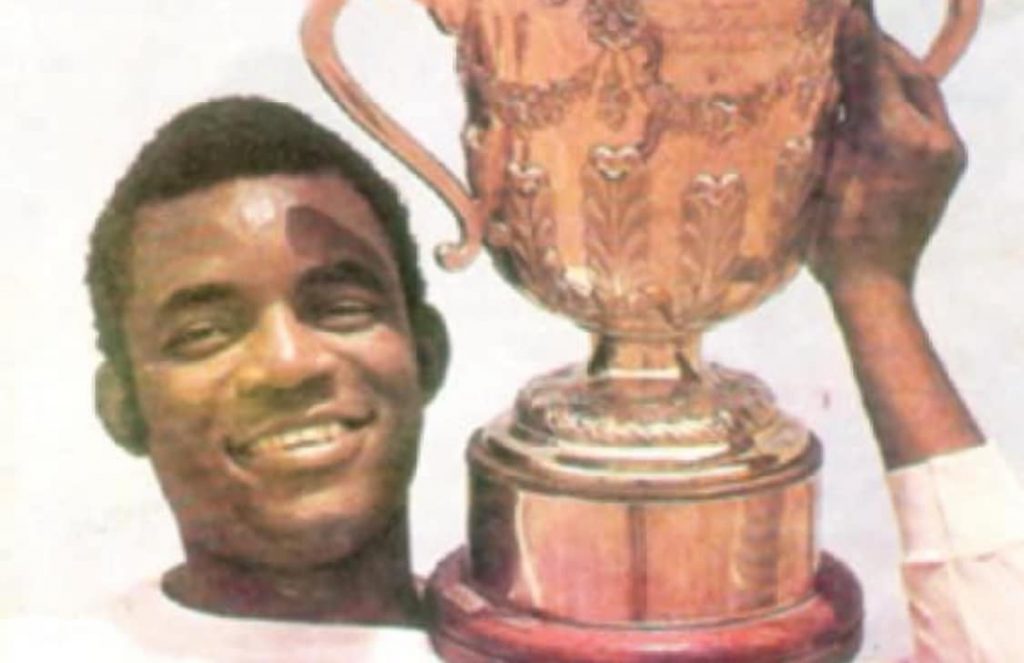
Rangers was to football, what other young talented Igbo did to music as they also unleashed their God-given abilities into entertainment which led to the formation of bands such as The Hikkers, The Funkees, The Doves, Semi Colon, Sweet Breeze, Oriental Brothers, and Peacocks International, all contributing one way or another in lifting a people who were so down they had no more fear of a fall.
The Funkees, who later went international by moving to London in 1973 started as an army band and contributed immensely to the outpouring of upbeat music produced by young people in Nigeria in response to the darkness of the recently concluded civil war.
Similarly, what we have today in Nigeria as the National Youth Service Corps (NYSC) started off as the East Central Service Corps (ECSC). It was formed by young graduates and undergraduates who after the Biafran War had nothing to do and nowhere to go. Instead of giving in to despondency, they organized themselves into groups and started city cleaning, reconstruction efforts, teaching and also involved in the medical fields. Gowon got wind of it and on review decided to suspend the ECSC, and then expanded it nationwide in 1973 as NYSC.
Rangers International Football Club has produced many notable footballers amongst whom are Christian Chukwu, Emmanuel Okala, Aloysius Atuegbu, Silvanus Okpara, Adokiye Amiesimaka, Okey Isima and Austin JayJay Okocha. In fact, in 1980 when Nigeria won its first Africa Cup of Nations, there were more players from Rangers in that team than any other football club and it is the club that has supplied the Nigerian senior men’s national team the highest number of players till date.
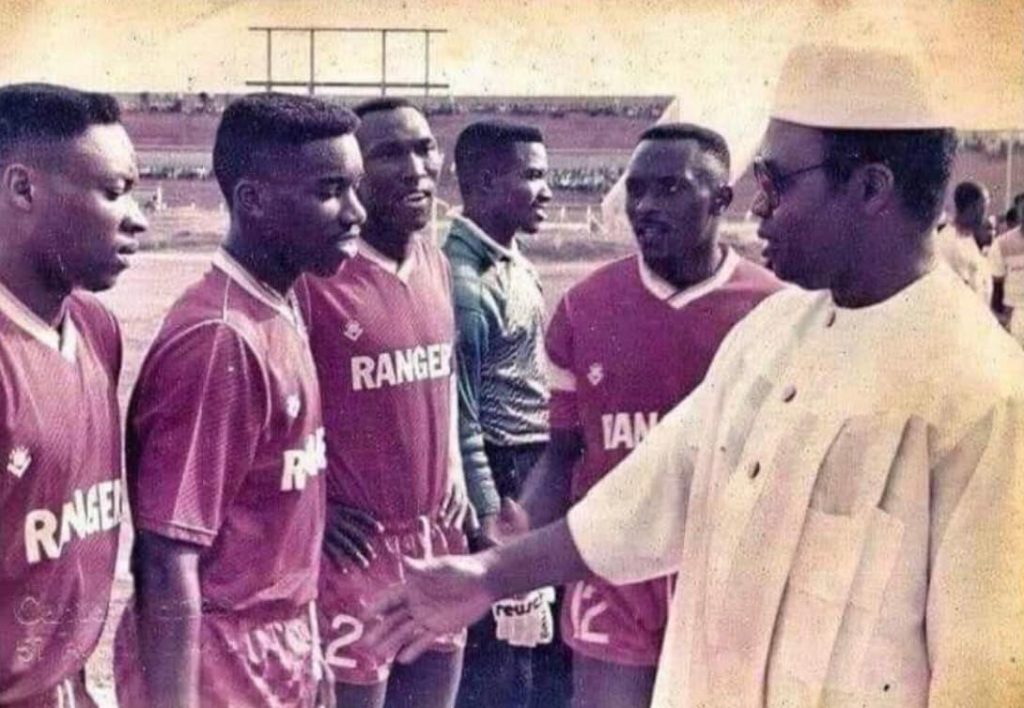
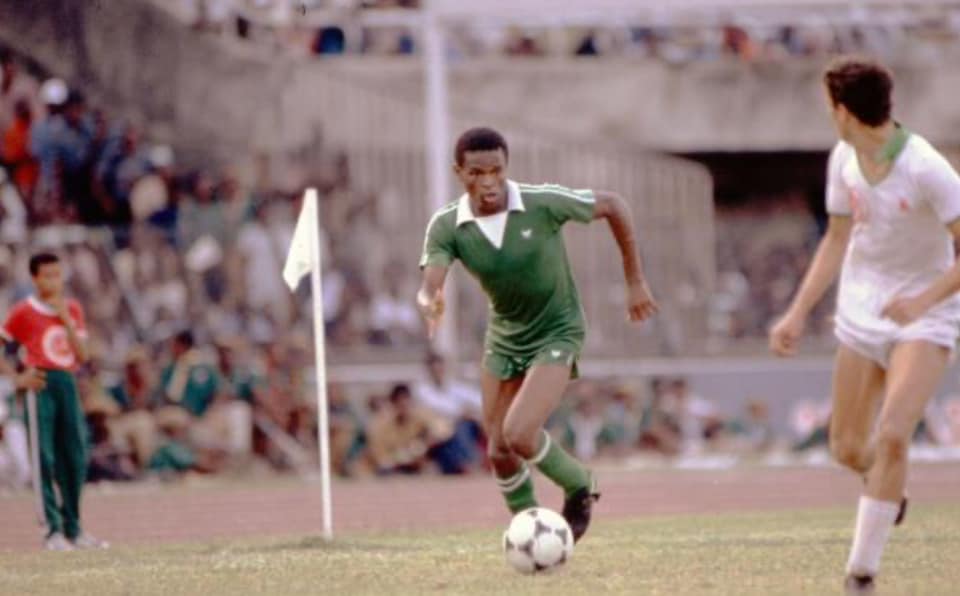
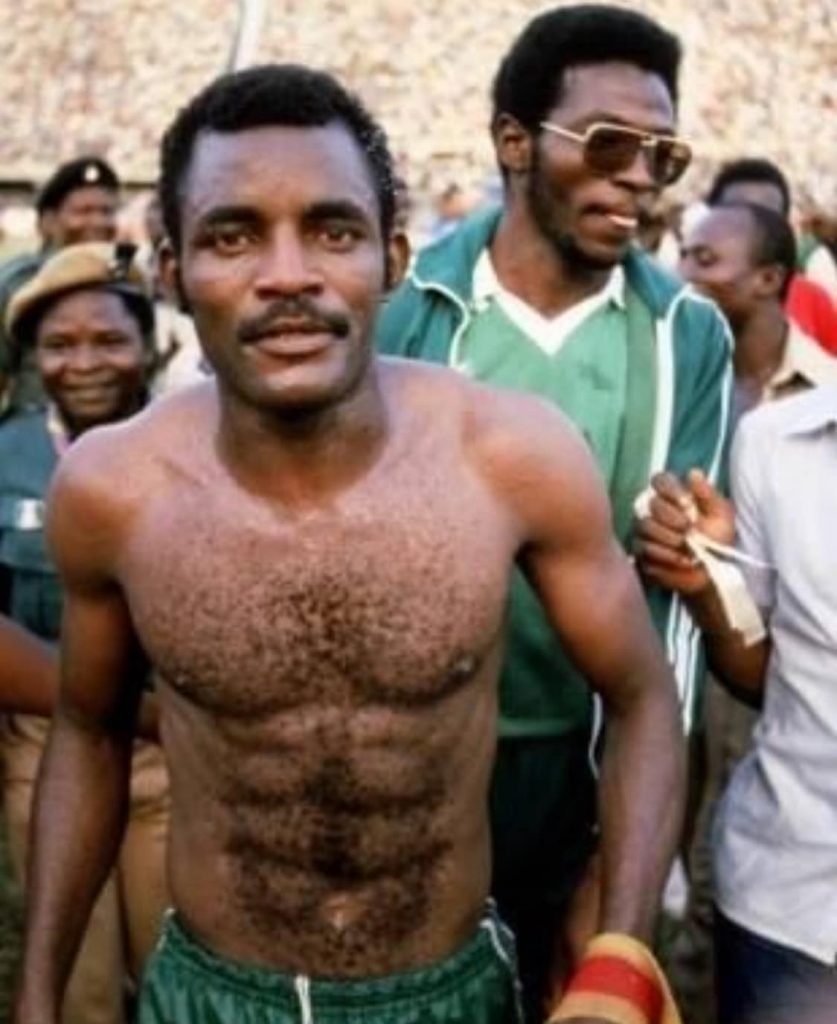
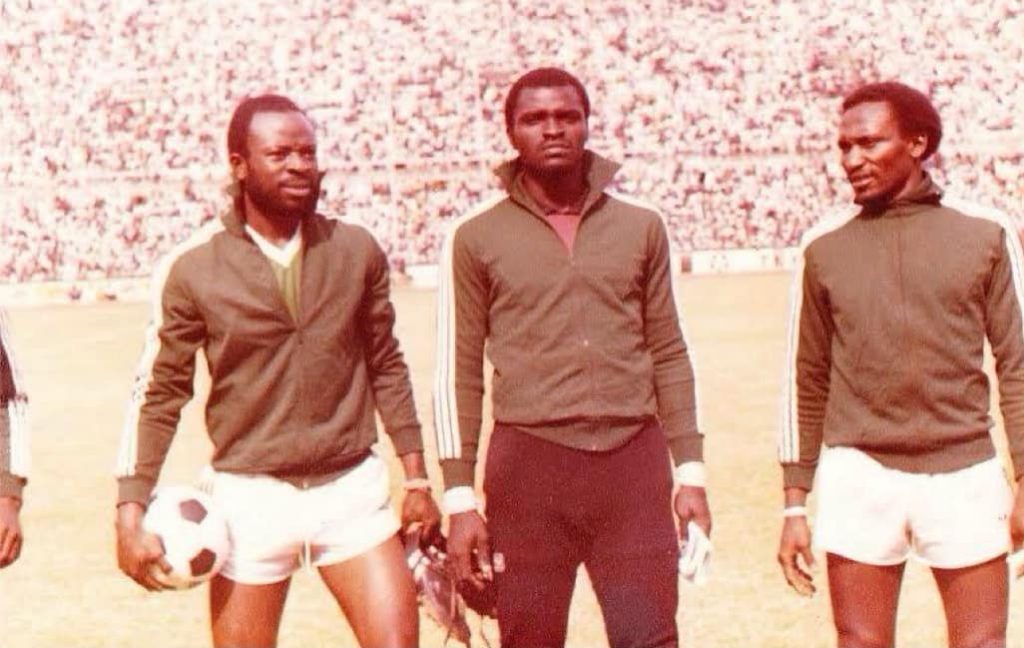
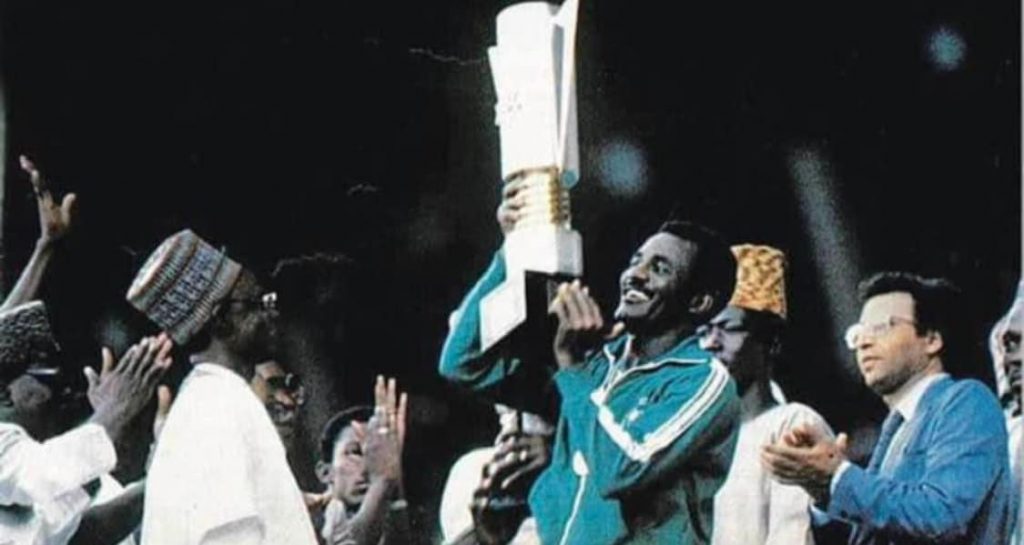
Rangers International Football Club fans are one of the most passionate among football clubs in Africa and are well known for their drumming and choreographed clapping and dancing at the Nnamdi Azikiwe Stadium. They always appear in red and white outfits on match-day and are known as Rangers International Supporters Club, arguably the largest supporters’ base in Nigeria.
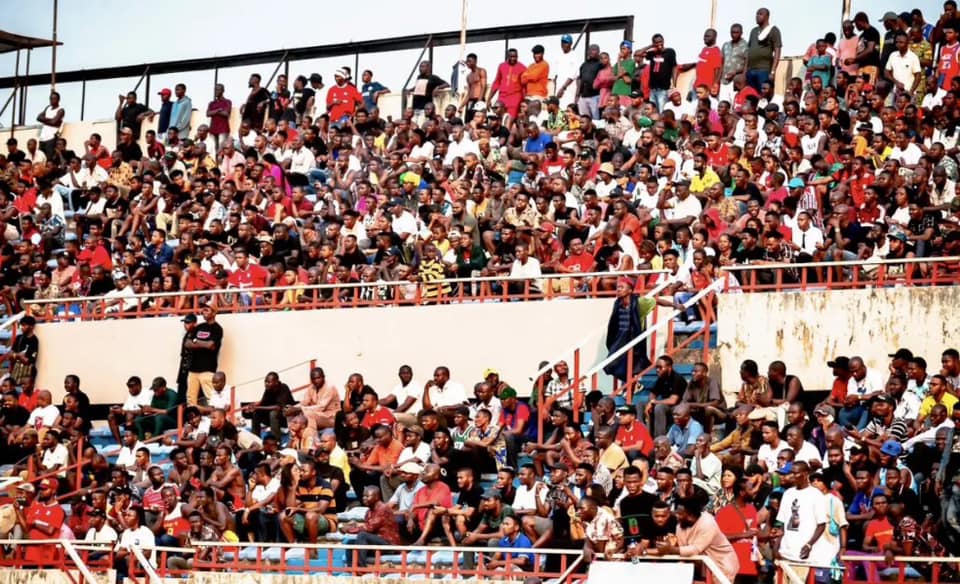
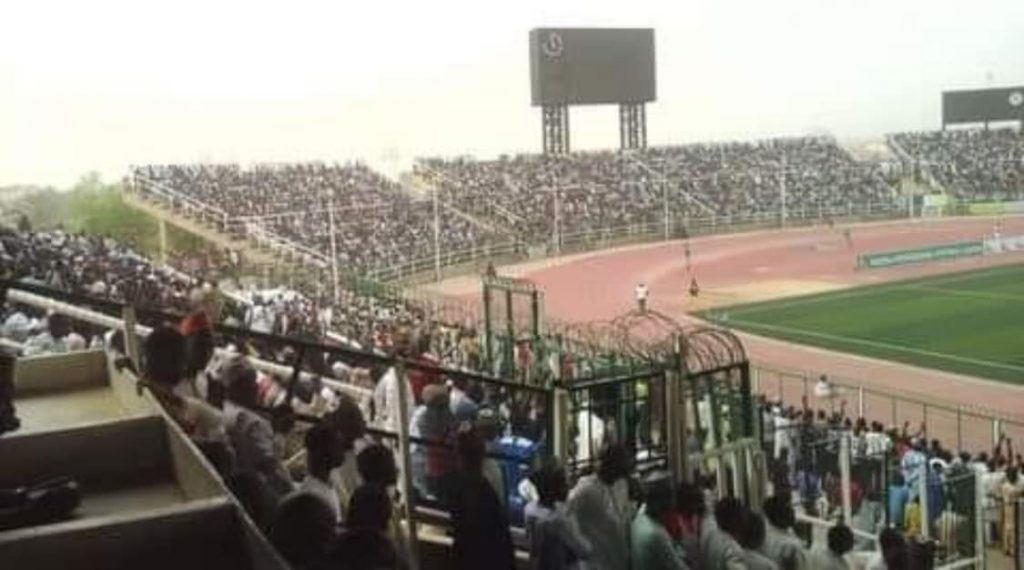
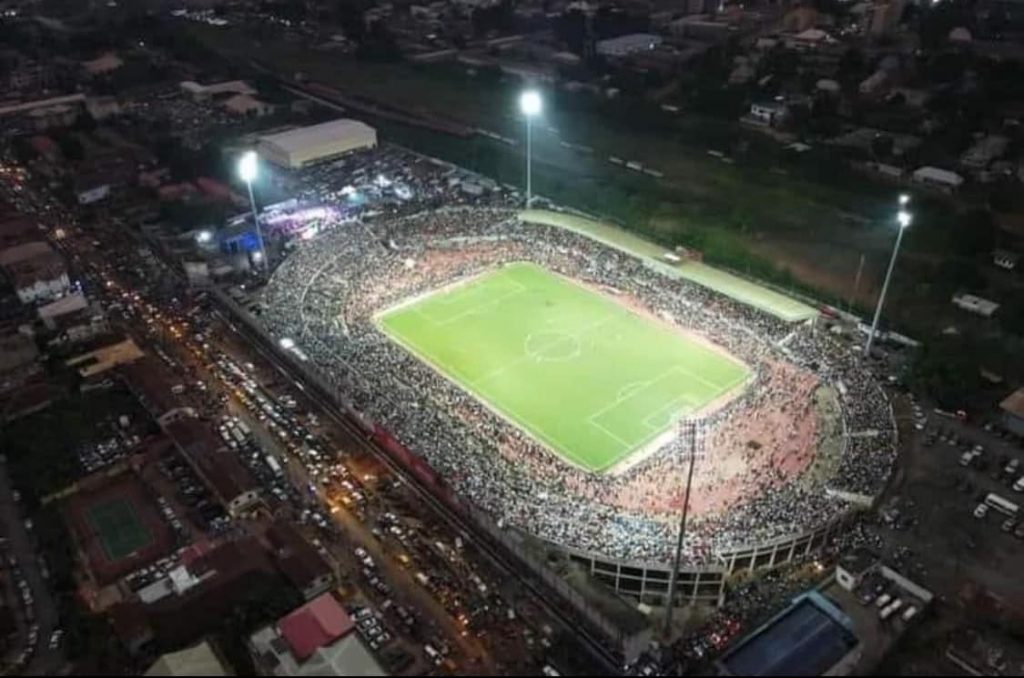
All this reminds me of that quote by J.K Rowling, author of the Harry Potter series that “The rock bottom became the solid foundation on which I rebuilt my life.”
Interestingly, Enyimba did not have a different story; it was also birthed by same spirit of “never say die” of the Igbo by same Jerry Amadi Enyeazu, who left Enugu to Owerri after the creation of Imo State to assume as first Director for Sports in the newly established state. Latching onto the ‘Enyimba Enyi’ spirit, he gave birth to Enyimba Football Club, unarguably the most successful football club in Nigeria presently.
Thinking about all these reminds me of another institution that gave not only hope after the War, but was itself a torch bearer of hope. And nothing captures that aspect more than some line on its anthem:
“Hail Varsity par excellence our dreams come true
Hail her and rejoice for the giant awakes
My Alma mater, My Alma mater
Noble are thy looks and thy ideals
And great art thou in Science and in Arts
In other realms of learning Thou art all sublime”
References:
- Enugu Rangers: The journey to ignominy by Colin Udoh reporting for ESPN, July 2017.
- “The Return of Enugu Rangers”, by Ekwowusi, Sonnie, October 2016
- “Igbo vs Yoruba: The Clash Of The Brothers 1977”, By Remigius Akinbinu, January 2017.
- “Enugu Rangers beat Bendel Insurance to win eight NPFL title”, by Ibeh, Ifeanyi, June 2024.
YouTube link: https://youtube.com/@moorsportz?si=21naNNvYNkKGGIWp
Edited by Bimbo Ajayi
